Beneath the Waves: Exploring the Mysteries of Ocean Life
The Earth’s oceans, covering more than 70% of the planet’s surface, are both a source of life and an enigma that has captivated humanity for centuries. From the sprawling reefs teeming with life to the mysterious depths that remain largely unexplored, the oceans are a realm of beauty, diversity, and profound mysteries. This article delves into the myriad aspects of ocean life, exploring its significance, the challenges faced, and the groundbreaking research that continues to unveil the secrets of this vital ecosystem.
The Richness of Ocean Biodiversity
The ocean is home to an estimated 230,000 known species, but researchers believe that there may be as many as 2 million species waiting to be identified. This biodiversity is not just fascinating; it plays a critical role in the health of the planet. Marine ecosystems, from coral reefs to deep-sea trenches, are essential for regulating climate, cycling nutrients, and supporting global food systems.
Coral Reefs: The Rainforests of the Sea
Coral reefs are often referred to as the "rainforests of the sea" due to their incredible biodiversity. These underwater structures, built by tiny coral polyps, provide habitat for a staggering variety of marine life, including fish, mollusks, and crustaceans. Despite covering only about 0.1% of the ocean’s surface, coral reefs support 25% of all marine species. They also provide critical ecosystem services, such as coastal protection and support for fisheries, which are vital for human livelihoods.
However, coral reefs are under severe threat from climate change, ocean acidification, and overfishing. The phenomenon of coral bleaching, caused by rising sea temperatures, has left vast stretches of reefs damaged, urging scientists to find ways to protect and restore these crucial ecosystems.
Deep-Sea Mysteries
Beneath the sunlit waters lies the deep sea, a world that remains largely unexplored. Scientists estimate that up to 95% of the ocean’s depths are still uncharted. This dark and extreme environment hosts a range of strange and fascinating organisms, many of which have adapted to survive in conditions inhospitable to human life.
Recent explorations have unveiled bizarre creatures like the anglerfish, known for its bioluminescent lure, and the giant squids, which have fascinated people for generations. The extreme conditions of the deep sea—including high pressure, low temperatures, and total darkness—have led to unique evolutionary adaptations, making it a key area of scientific research.
The Role of Marine Microorganisms
While large marine animals often grab headlines, it is the smallest organisms that play a crucial role in ocean ecosystems. Bacteria, phytoplankton, and zooplankton collectively constitute the vast majority of ocean biomass. Phytoplankton, in particular, are crucial for life on Earth; they contribute to approximately 50% of the oxygen we breathe through photosynthesis.
Recent studies have shown that these microorganisms are also vital in regulating carbon cycles and mitigating climate change, as they absorb and store significant amounts of carbon dioxide. Understanding their roles could be key to developing strategies for environmental conservation and climate change adaptation.
Human Interaction with the Ocean
The relationship between humans and the ocean is complex, marked by both dependence and impact. Oceans provide resources like food, medicine, and recreational opportunities but are also subject to overexploitation and pollution.
Overfishing and Its Consequences
Industrial fishing practices have led to the depletion of many fish stocks, threatening marine biodiversity and the livelihoods of communities that depend on fishing. According to the Food and Agriculture Organization (FAO), about 34% of fish stocks are overfished. This overexploitation not only endangers fish populations but also disrupts entire marine ecosystems. The need for sustainable fishing practices has never been more urgent, leading to movements advocating for fishery reforms and responsible consumer choices.
Pollution: A Fateful Tide
Pollution is another significant threat to ocean health. Plastics, chemicals, and agricultural runoff contaminate marine environments, leading to dire consequences for wildlife and human health alike. Microplastics have been found in various marine organisms, raising concerns about their impact on the food chain. Additionally, nutrient run-off can cause harmful algal blooms, further compromising marine ecosystems.
Climate Change: An Oceanic Crisis
Climate change poses an existential threat to oceanic systems worldwide. Rising sea temperatures, acidification, and sea-level rise are affecting habitats and species in dramatic ways. Coral reefs are particularly sensitive to temperature changes, and as oceans warm, the impacts of climate change are becoming increasingly evident.
A notable example is the mass bleaching events affecting reefs around the world. These events disrupt the symbiotic relationship between corals and the algae that provide them with nutrients, leading to widespread coral death. Without intervention, these vital ecosystems face collapse, highlighting the urgency of addressing climate change.
Marine Conservation: Protecting the Blue Heart of the Planet
Given the myriad challenges facing the ocean, conservation efforts are paramount. Initiatives aimed at protecting marine biodiversity have gained momentum in recent years as governments and non-profits work together to create marine protected areas (MPAs), enforce sustainable fishing practices, and combat pollution.
Establishing Marine Protected Areas
Marine Protected Areas are designated regions of the ocean where human activities are restricted to preserve biodiversity and ecosystem functions. These areas can restore fish populations, enhance resilience to climate change, and protect critical habitats. Research shows that MPAs can lead to significant recovery in fish populations, thereby supporting local economies and enhancing food security.
Sustainable Fisheries Management
Adopting sustainable fishing practices is essential to rebuilding fish stocks and safeguarding marine biodiversity. Integrative approaches that consider ecological health, community needs, and economic viability are crucial. Techniques such as quota systems, seasonal closures, and gear restrictions aim to balance human needs with ecological conservation.
Public Awareness and Community Involvement
Raising awareness about the importance of ocean conservation is vital. Educational campaigns can empower communities to engage in efforts to protect marine environments, encouraging responsible consumption and active participation in local conservation initiatives. Citizen science projects have also gained traction, allowing individuals to contribute to data collection and conservation efforts.
Innovative Research: Unveiling Ocean Secrets
The quest to understand ocean life is supported by innovative research methods that continue to push the boundaries of our knowledge. Advances in technology and exploration are aiding scientists in cataloging and studying marine organisms and ecosystems.
The Role of Technology in Ocean Exploration
The integration of technology has revolutionized our ability to explore the ocean’s depths. Autonomous underwater vehicles (AUVs), remotely operated vehicles (ROVs), and advanced imaging techniques allow researchers to examine previously inaccessible areas. These tools are instrumental in mapping seafloor habitats, assessing species populations, and studying the impacts of climate change on marine ecosystems.
Genetic Research and Discoveries
Advancements in genetic research are also yielding significant insights into marine life. DNA barcoding has enabled scientists to identify species, track population dynamics, and understand evolutionary relationships among organisms. Additionally, these techniques have uncovered previously unknown species and shed light on the complex interactions within marine ecosystems.
Citizen Science: A Collaborative Effort
Citizen science initiatives are increasingly contributing to ocean research. Engaging non-professional scientists in data collection and monitoring helps to expand research efforts while foster awareness and stewardship among community members. Projects such as beach clean-ups and biodiversity surveys empower individuals to contribute actively to ocean health.
The Future of Ocean Life: A Call to Action
As we stand at a critical juncture in our relationship with the oceans, it is imperative that we take collective action to protect and restore marine ecosystems. The future of ocean life depends on fostering sustainable practices, supporting conservation initiatives, and investing in innovative research.
Embracing Sustainable Practices
Adopting sustainable practices in fisheries, agriculture, and waste management is crucial in ensuring the long-term health of ocean environments. Consumers play a significant role in driving change through their choices. Supporting sustainable seafood, reducing plastic use, and advocating for policies aimed at protecting marine environments can collectively make a difference.
Policy and Global Cooperation
Addressing the challenges facing the oceans requires policy action and global cooperation. Scientific research should inform policymaking, with governments committed to international agreements for marine conservation. Initiatives like the United Nations Ocean Conference provide platforms for collaboration, knowledge sharing, and joint efforts to combat ocean-related issues.
The Role of Education and Advocacy
Awareness and education are pivotal in shaping public sentiment toward protecting our oceans. Engaging younger generations in marine conservation efforts can foster a sense of stewardship that ensures a healthier future for ocean ecosystems. Advocacy campaigns and community outreach programs can amplify voices calling for change and encourage political action.
Conclusion
The mysteries of ocean life are vast and intriguing, holding key insights into the interconnectedness of all life on Earth. As stewards of the planet, it is our responsibility to protect the oceans and the myriad species that inhabit them. The time for action is now; through collective effort, scientific inquiry, and compassionate stewardship, we can ensure a sustainable future for the ocean and all life forms that thrive within its depths.
References
- Food and Agriculture Organization (FAO)
- National Oceanic and Atmospheric Administration (NOAA)
- United Nations Ocean Conference
- Ocean Conservancy
- WWF – World Wildlife Fund
This exploration of ocean life underscores its significance in the context of our changing world, serving as a reminder of the delicate balance of ecosystems and our role in preserving them for future generations.















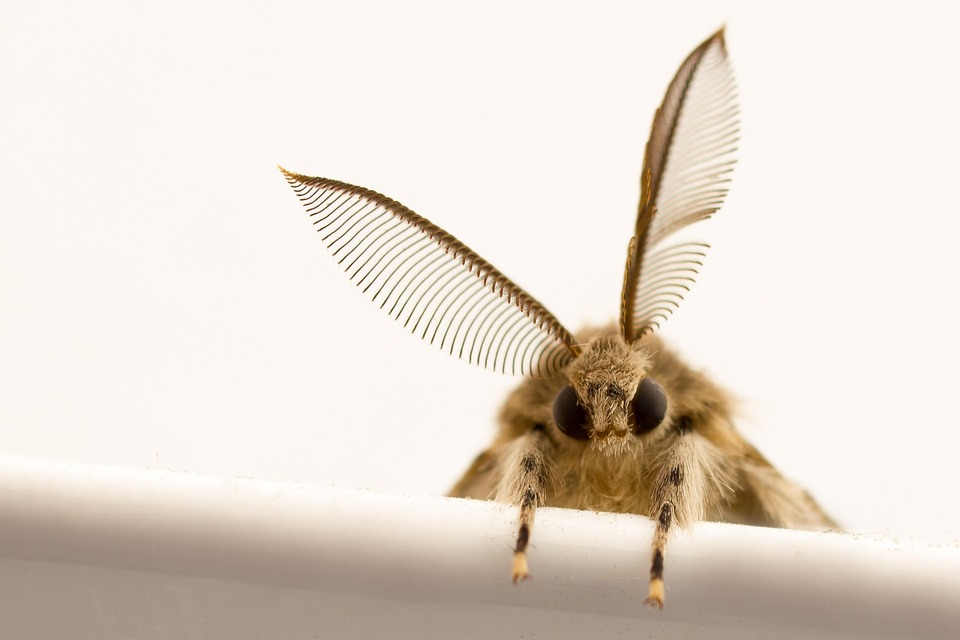
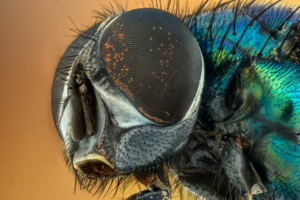
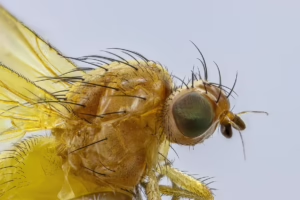
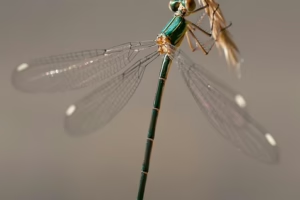
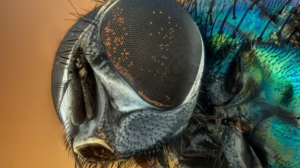
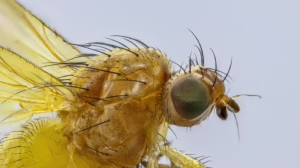
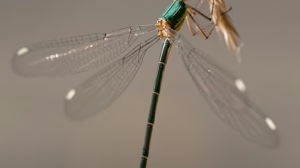




Add Comment